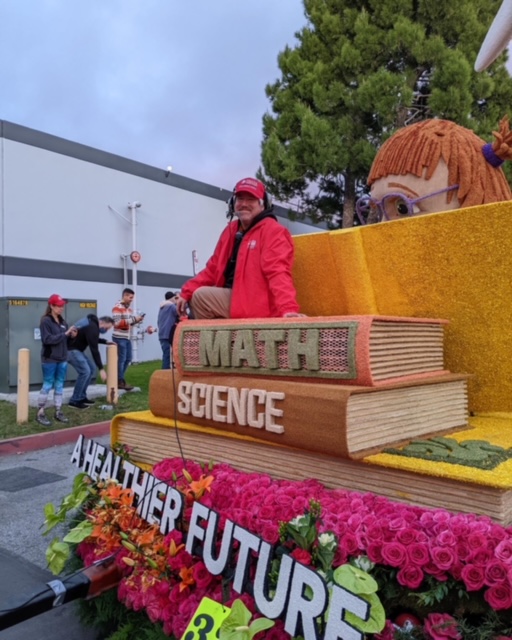Earlier this year, we were thrilled to welcome Eric Mears as our new Senior Director of Development and Infrastructure. After an incredible 21-year tenure with NextGen, Eric brings his vast health tech and coding experience to DirectTrust. Recently, we caught up with Eric to explore the intersections of interoperability, trust, and the ever-evolving innovative healthcare landscape, as he begins this next chapter of his health tech journey.
Can you share the story behind your journey into the world of interoperability?
Eric Mears: In the early 2000s, I worked on software quality assurance for one of the first web-based care management applications. From there, I shifted from QA to developer on the company’s care management application and worked to develop channels for its Mirth Connect product, a cross platform interface engine that helps with the exchange of messages across different systems. Later on, I found myself working on NextGen’s Direct Messaging product, and was part of the team to successfully certify it for Meaningful Use. My interoperability journey has continued ever since, and I am thrilled for the next chapter which will include collaborating with the DirectTrust community.
Our mission revolves around advancing trust in health technology. Could you please talk about what that means to you?
EM: Trust is paramount in health technology. I am not only someone who works in this field, but like everyone else, I’m also a healthcare consumer. A patient. When I send or receive information with my doctor, I want to know it was not tampered with, was encrypted before sharing, and truly originated from them. In today’s landscape, that’s not always a straightforward thing to verify. This is why I’m excited to have joined an organization dedicated to fostering trust among all healthcare stakeholders.
Prior to assuming your current role at DirectTrust, what was your previous involvement with our organization?
EM: As previously mentioned, I was involved in the development of my former employer’s Direct Secure Messaging product. Initially, I worked alongside the team that oversaw the platform’s reaccreditation but wanted to understand more about the product, including how it functioned, and what new features were in the works. I had the code base, but I lacked sufficient context. So, I started going to every DirectTrust meeting I could, including the TIM+ and Notification group meetings. Later, I was asked to join the Trust Anchor Approval Committee.
What are you looking forward to in your new position as Senior Director of Development and Infrastructure?
EM: I’m looking forward to digging deeper into existing and emerging technologies. I really like understanding how things work from the ground up. As a fan of science fiction, I have read several works by Robert Heinlein who introduced the term “Grok.” To “grok” something is to fully and completely understand something. For every software project or anything really that I’m working on, I know I’ve got to “grok” it. To achieve this, I believe you must be on the ground floor so that you completely understand it. If I can’t be there at the start of a project and I’m coming into a project midway, I like to approach things with a little reverse engineering where I deconstruct a piece of software and exploit it in my mind to understand all the pieces and then put it back together again. That’s when you truly understand it from the ground up. It’s the essence of “grokking” something!
 With various trends shaping the health IT landscape, from everything including Generative AI to personalized medicine, is there anything in particular that has captured your attention?
With various trends shaping the health IT landscape, from everything including Generative AI to personalized medicine, is there anything in particular that has captured your attention?
EM: I’m interested to see how FHIR will impact DirectTrust services and the health IT landscape overall. For instance, the Directory Improvement Initiative will offer a new FHIR-based API which will improve searching Directory information. While I understand how FHIR works, I recognize the importance of digging deeper to completely “grok” it, which is part of what I’m doing right now.
The potential impact of AI is another emerging technology that I am excited about. However, I have adopted a “wait and see” approach until evidence of its effectiveness is gathered. AI will work well for some situations and possibly not for others, and the trick is to figure out which is which. However, that’s not to say DirectTrust is not working with the technology. In fact, the latest AWS grant award will help expand the DirectTrust Directory to include AI functionality. So, we’re continuing to explore its capabilities and how useful it can be for the Directory. While it certainly holds promise, I’m not going to hail it as the best thing since sliced bread until I see it firsthand!
What is something interesting that we might not know about you?
EM: I was a float driver for the Rose Parade, having worked for Fiesta Parade Floats until COVID-19 happened. A former coworker at NextGen has been doing it for more than 25 years, and I got to join in after his partner got sick one year. Every float has a team of two – the actual driver and the observer. I was an observer for three different Rose Parades!
